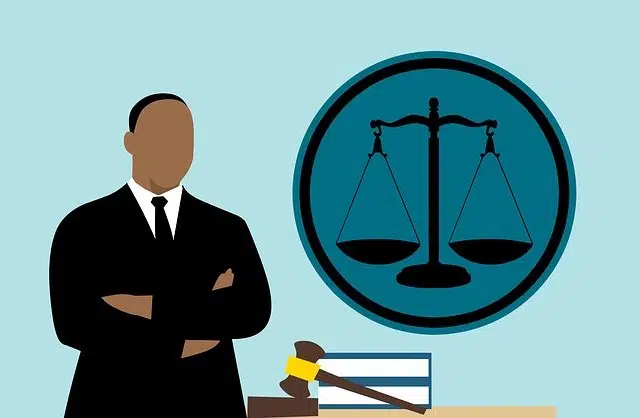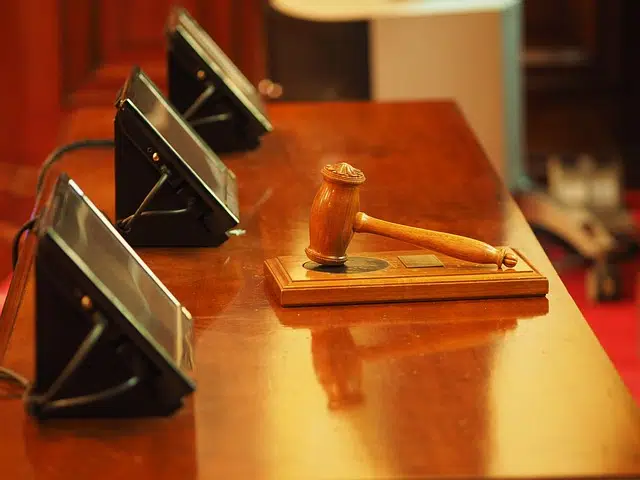
A judicial ruling is a ruling by a judge or court.
The ruling , decision or decree that is issued by an authority is known as a resolution . Judicial , for its part, is what is linked to the application of laws and the development of a trial.
A judicial resolution , therefore, is an opinion issued by a court to order compliance with a measure or to resolve a request from one of the parties involved in a dispute. Within the framework of a judicial process, a resolution can function as a developmental action, an order or a conclusion.
For a judicial resolution to be valid, it must respect certain requirements and formal issues . Generally, the place and date of issuance, the names and signatures of the judges issuing it, and a development of the decision must be included in the resolution.
Classification of a judicial resolution
Judicial resolutions can be classified in different ways according to the instance in which they are pronounced, the subject matter they deal with or their nature. An order , for example, is a judicial resolution that implies a ruling by the judges on a request from the parties linked to the jurisdictional process.
In addition to the order, we have to emphasize that there are two other types of judicial resolutions such as these:
-The rulings , which are those resolutions made by the judge and that refer to procedural issues that require a judicial decision according to what is established by law.
-The sentences , which we can say is the most frequent type of judicial resolution and which, whether in the first or second instance, is carried out in order to put an end to a process and once the ordinary process has concluded, the established processing by law.

A judicial resolution can end a dispute.
The case of sentences
A sentence , then, is also a judicial resolution. In this case, as we indicated, the resolution concludes a litigation or legal case. What a sentence does is recognize the right of one of the parties and force the other party to comply with what was pronounced.
If we take a trial for a murder, the sentence is the judicial resolution that condemns or acquits the accused. When the accused is found guilty, the sentence sets the sentence he must serve.
Firm and definitive judicial resolutions
All this without overlooking that we can also talk about two other modalities:
– Firm judicial resolutions , which are those with which there is no possibility of presenting any type of appeal, either because the law establishes it or because such a case has been foreseen, but the time or deadline set for it has been exceeded. do so and none of the parties involved in the process have done so.
– Final judicial resolutions , which are responsible for putting an end to what is called the first instance and which proceed to decide the appeals that have been filed before them, complying with the legal requirements for this and also with the established deadlines.
Procedures and decrees
We cannot ignore either that judicial secretaries can carry out two types of judicial resolutions: proceedings and decrees .
The latter are carried out when they have been assigned the exclusive competence to proceed to complete the procedure, once the claim has been admitted for processing, or when it is established that it is necessary.
